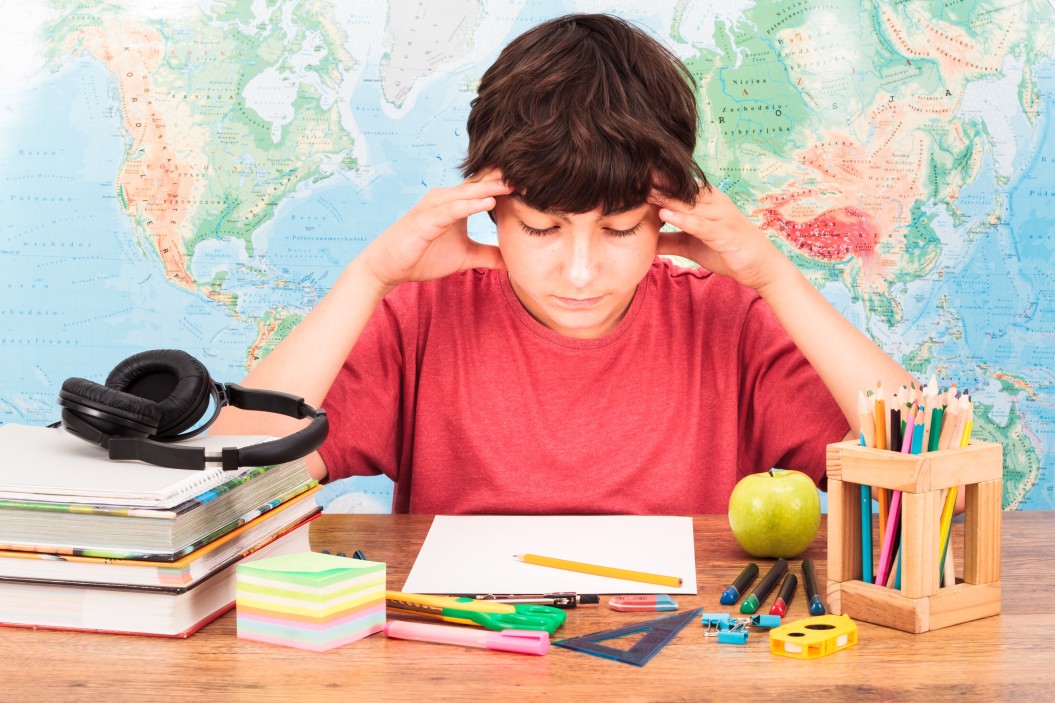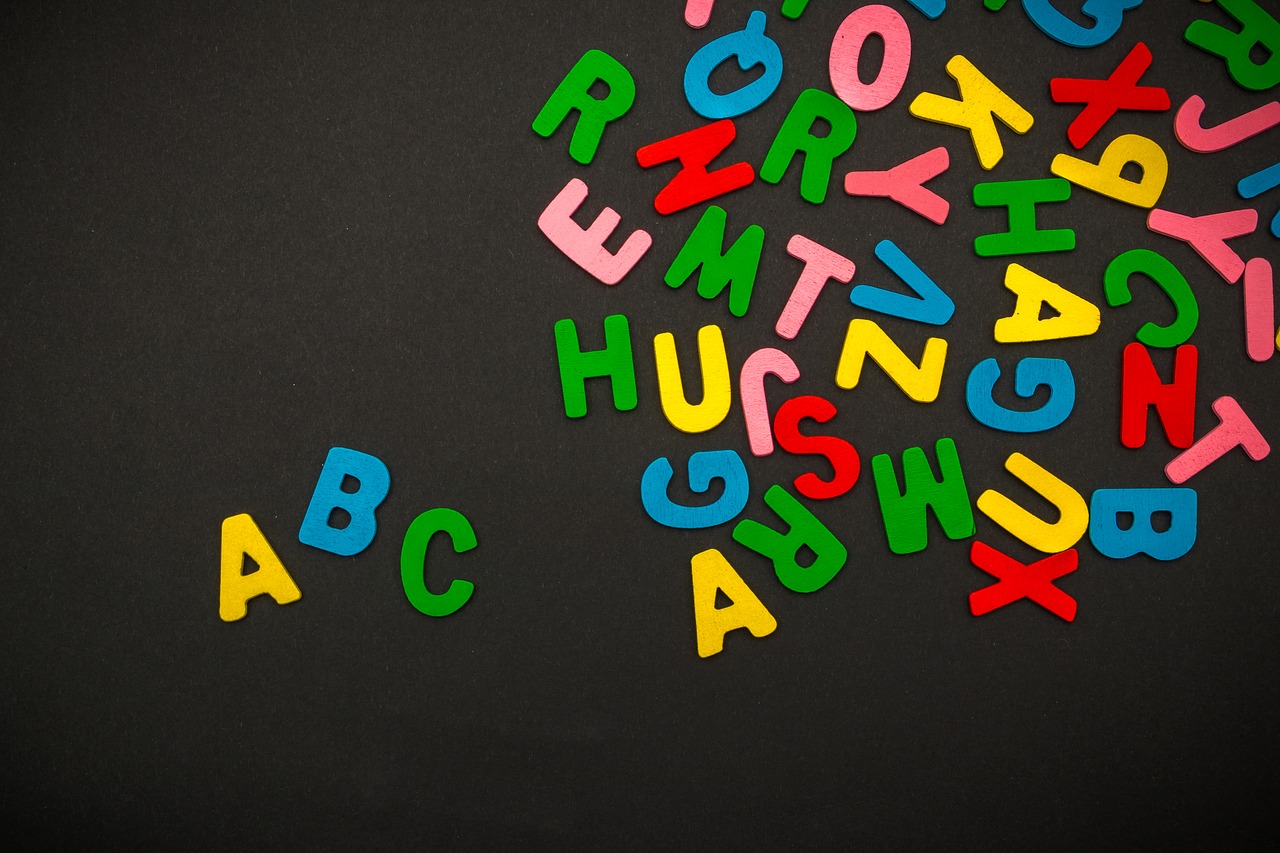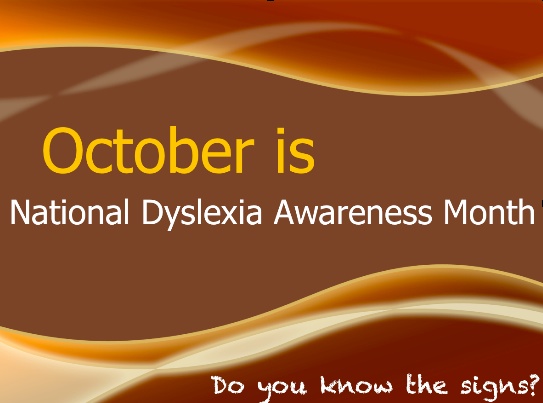Parents Wondered Whether Learning Remotely Could Work As Well As Being in a Classroom. New Global Data Suggests the Answer Is No.
 Of all the pandemic edicts — the mask requirements, the vaccination mandates — few were more contentious than the decision to shutter schools. At the peak of closures last year, 1.6 billion students in 188 countries were locked out. Across the globe, 700 million of them reside in partially or fully closed school districts. To learn, the pandemic generation turned to laptops, cellphones, televisions and radios, leaving parents asking a nagging question: Could learning remotely work as well as being in a classroom?
Of all the pandemic edicts — the mask requirements, the vaccination mandates — few were more contentious than the decision to shutter schools. At the peak of closures last year, 1.6 billion students in 188 countries were locked out. Across the globe, 700 million of them reside in partially or fully closed school districts. To learn, the pandemic generation turned to laptops, cellphones, televisions and radios, leaving parents asking a nagging question: Could learning remotely work as well as being in a classroom?
For the most part, new data suggests, the answer is no.
A comprehensive global report, released this week by UNESCO, UNICEF and the World Bank, adds to a growing body of evidence that students suffered massive educational losses during the pandemic. Learning setback projections have gone from bad to worse, with a disproportionate hit for poor and otherwise marginalized children regardless of whether they lived in rich and poor countries.
The more pessimistic projections — based in part on emerging data from myriad nations — are fueling fears that learning deficits will be an even bigger driver of inequality, both among and within countries, and in a way that may be hard to fix in the years ahead. The pandemic learning gap could widen disparities not only between countries and social classes, but between different generations — those who were school students in 2020 and 2021, and those who weren’t.
The burden of missed months in the classroom could linger for a lifetime. Worldwide, the study estimates, the pandemic generation is at risk of losing $17 trillion in future earnings from knowledge deficits, significantly more than the $10 trillion estimated last year, the new report concludes.
So who suffered the worst?
Particularly in low- and middle-income nations, the longer schools were closed, the worse the educational losses. The exceptionally long closures in Latin America and South Asia, the study’s authors say, dealt students there an outsize hit. Younger students suffered worse than older students. Girls, some data suggests, suffered steeper losses than boys.
The quality of remote learning mattered. In many low- and middle-income countries, teachers were offered substantially less assistance to adapt to remote learning, even as their students had limited to no access to laptops, phones — or even electricity.
Data coming in from developing nations across the globe confirms some of the worst fears. In two Mexican states, a survey showed significant learning losses in reading and math for students aged 10 to 15. The share of 10-year-old students who cannot read or understand a simple piece of writing rose 15 percent for richer students and 25 percent for poorer students.
Children in rich nations suffered steep educational losses, too — especially those who were economically disadvantaged. Evidence from across the United States show significant learning losses in math and reading. In Texas, only 30 percent of third-graders tested at or above grade level in math in 2021, compared with 48 percent in 2019.
The new report is only the latest evidence of the impact of school closures in countries that had virtually everything going for them. The Netherlands, for instance, witnessed a relatively short eight-week lockdown and enjoys high broadband penetration, meaning conditions were optimum for remote learning. Nevertheless, a study comparing school test scores before and after showed an impact equal to losing one-fifth of the school year — the same amount of time schools remained closed. Outcomes were 60 percent worse for the children of relatively less-educated families.
“The findings imply that students made little or no progress while learning from home and suggest losses even larger in countries with weaker infrastructure or longer school closures,” the authors wrote in April.
Excerpted from “Parents Wondered Whether Learning Remotely Could Work As Well As Being in a Classroom. New Global Data Suggests the Answer Is No.” in The Washington Post. Read the full article online.
Source: The Washington Post | Parents Wondered Whether Learning Remotely Could Work As Well As Being in a Classroom. New Global Data Suggests the Answer Is No., https://www.washingtonpost.com//world/2021/12/09/global-remote-learning-loss | © 2021 The Washington Post
Do you need someone to talk to? To schedule an evaluation or to get advice about your child’s or teen’s challenges, call or email a CHC Care Coordinator at 650.688.3625 or careteam@chconline.org CHC teletherapy services are available now.





